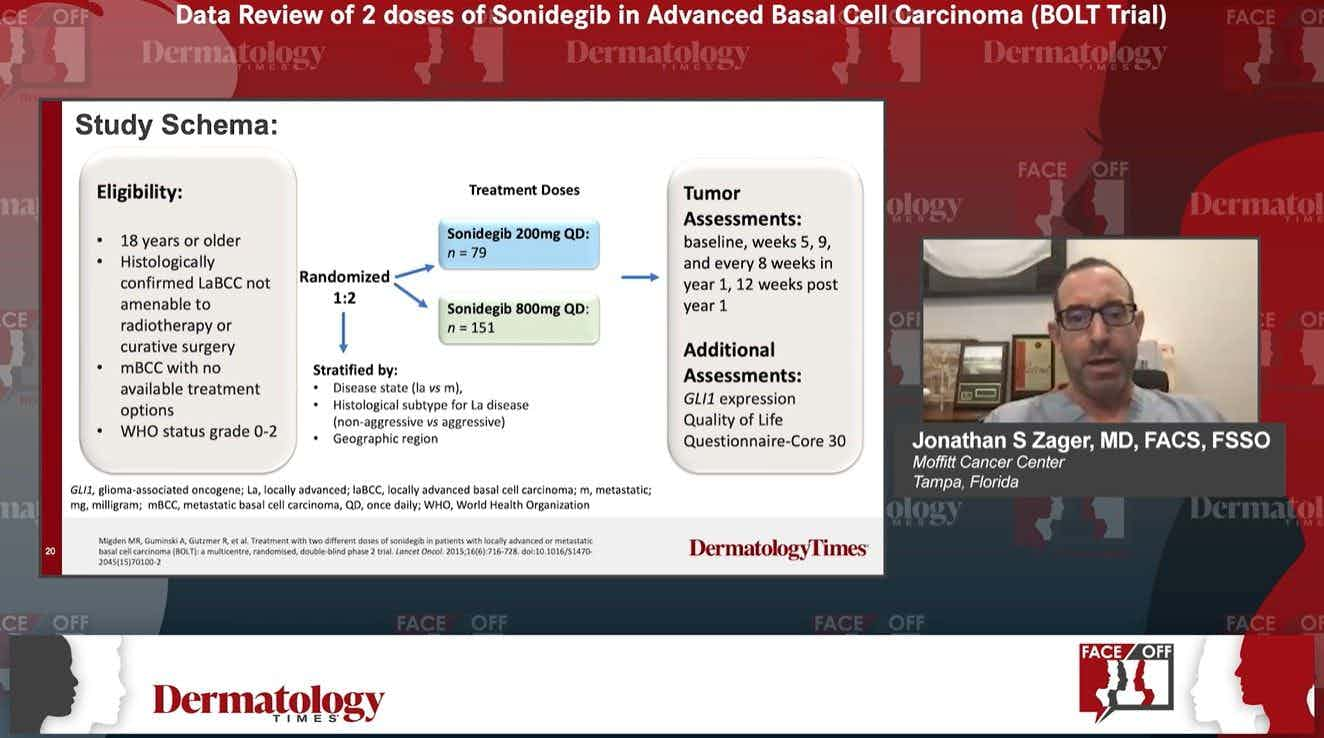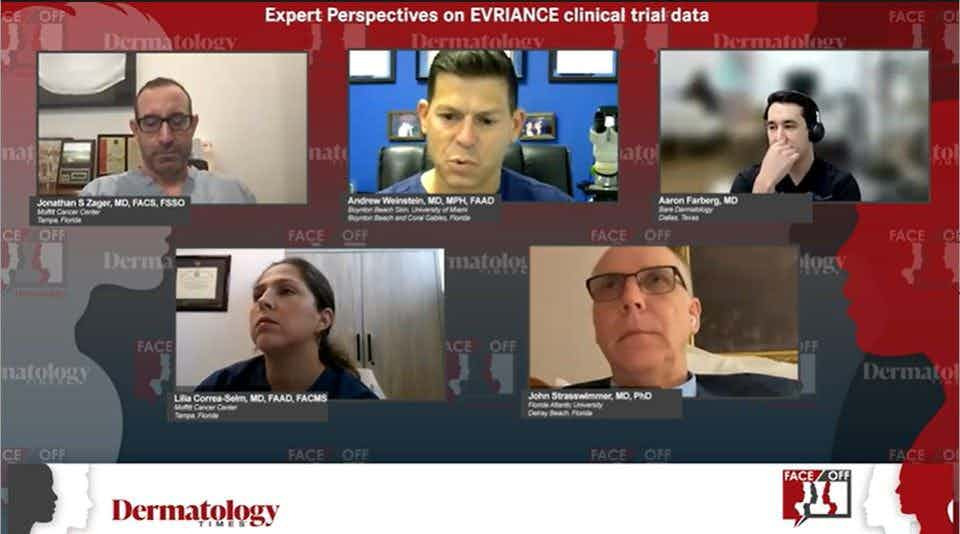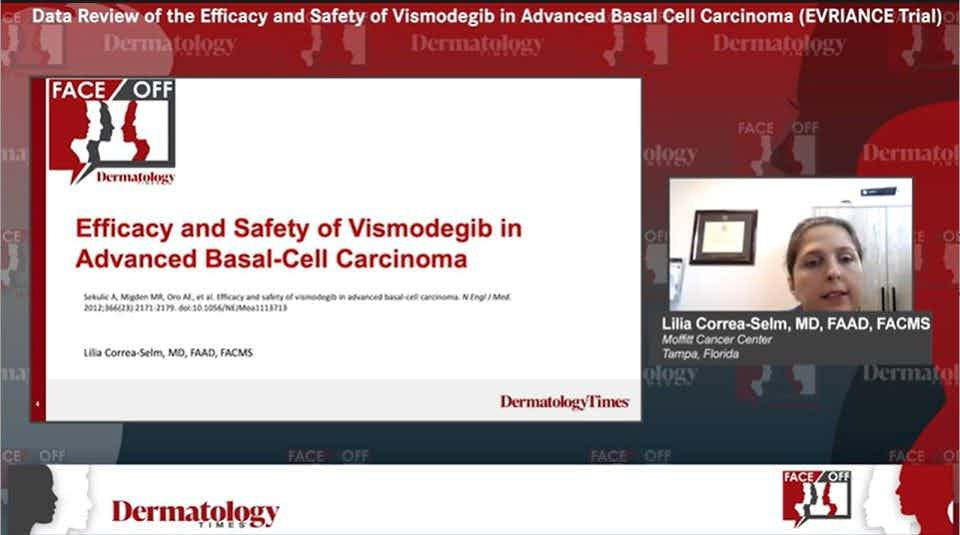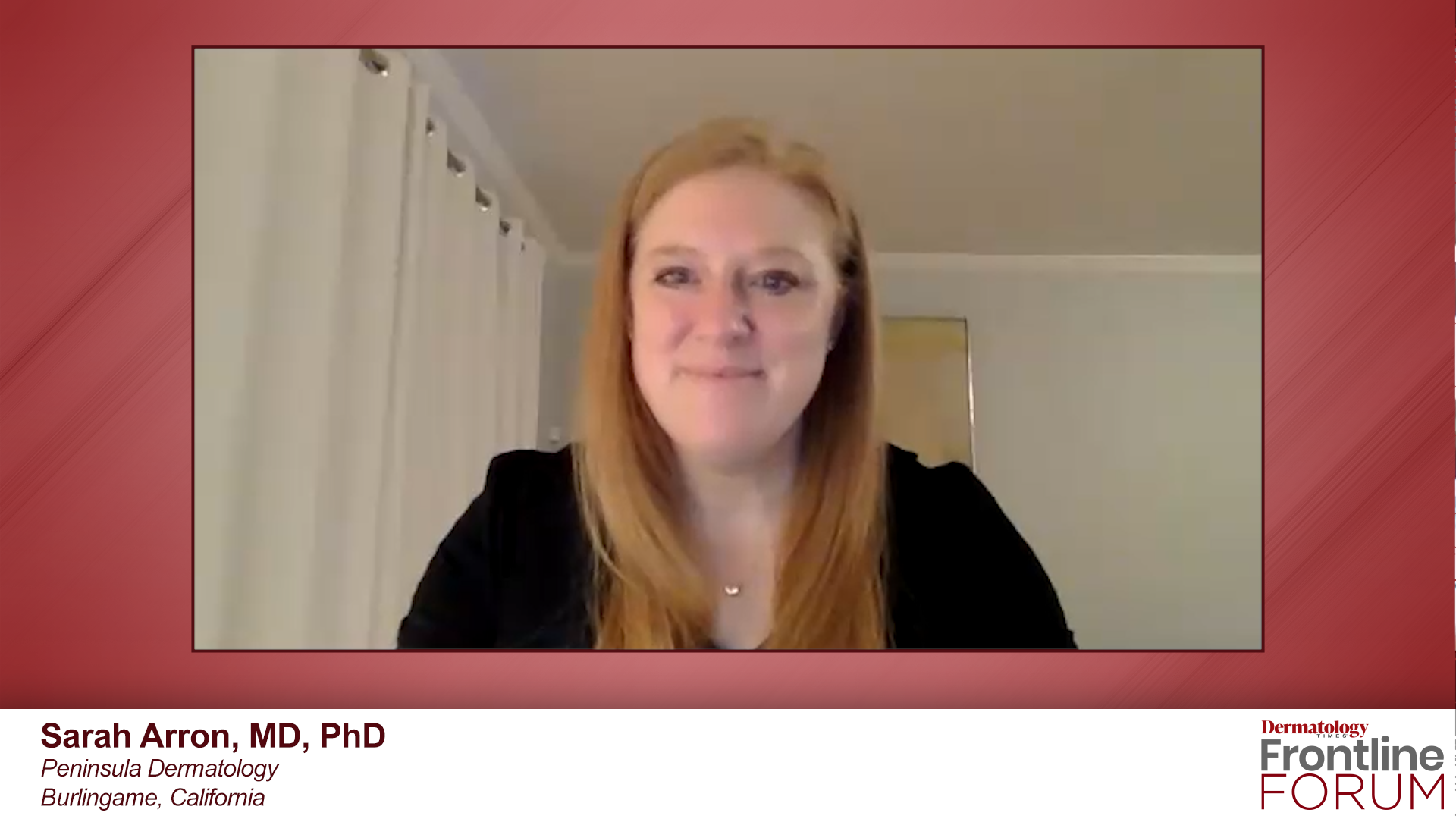- Acne
- Actinic Keratosis
- Aesthetics
- Alopecia
- Atopic Dermatitis
- Buy-and-Bill
- COVID-19
- Case-Based Roundtable
- Chronic Hand Eczema
- Chronic Spontaneous Urticaria
- Drug Watch
- Eczema
- General Dermatology
- Hidradenitis Suppurativa
- Melasma
- NP and PA
- Pediatric Dermatology
- Pigmentary Disorders
- Practice Management
- Precision Medicine and Biologics
- Prurigo Nodularis
- Psoriasis
- Psoriatic Arthritis
- Rare Disease
- Rosacea
- Skin Cancer
- Vitiligo
- Wound Care
Article
USPSTF Issues New Statement on Skin Cancer Screening
Author(s):
The task force defined screening as a visual skin exam by a primary care clinician for this recommendation.
InsideCreativeHouse/AdobeHouse

There is not enough evidence to recommend skin cancer screenings by primary care physicians in adolescents and adults without symptoms, according to the U.S. Preventive Services Task Force (USPSTF.) 1
The insufficient evidence statement is a new update on the U.S. Preventive Services Task Force (USPSTF) 2016 recommendations. To reach the conclusion, the task force included 3 studies (10 articles, n=NR in one study; 1,791,615 in the other two) on the direct benefits of skin cancer screening and 2 studies (3 articles, n=232) on persistent harms of skin cancer screening. Investigators included 6 studies (7 articles, n=2,947,595) on the association between routine clinician skin examination and stage or lesion thickness at skin cancer detection and 9 studies (9 articles, n=1,326,051) on the association between stage at skin cancer detection and melanoma or all-cause mortality. 17 studies were newly identified in this update. 2
This recommendation applies to asymptomatic adolescents and adults who do not have a history of premalignant or malignant skin lesions. It does not apply to symptomatic patients, including those who present with a suspicious skin lesion, or those already under surveillance because of a high risk of skin cancer, such as persons with a familial syndrome (eg, familial atypical mole and melanoma syndrome).
The task force found inconsistent evidence of early melanoma detection or reduced morbidity in skin cancer screenings, leading members to conclude they can neither recommend nor not recommend the screenings.
Risks that could occur with unnecessary screenings include worrier stress and cosmetic issues such as surgical scarring, according to the USPSTF findings.
The JAMA Network published three editorials regarding the USPSTF recommendations in which the authors agreed that U.S.-based population studies are needed for further review and that more data is necessary to advance the task force’s recommendations. The task force recommends further research, including more diverse population groups, as well as the continuation of counseling programs regarding ultraviolet light exposure.
According to the National Cancer Institute, about 3 million cases of nonmelanoma skin cancer are diagnosed each year in the US, and rates have likely been increasing for decades, although those rates have recently stabilized.3 Greater public awareness has led to higher rates of screening exams, self-exams, and detection of nonmelanoma skin cancers.
The USPSTF final recommendation statement and corresponding evidence summary have been published online in JAMA, as well as on the USPSTF website.
References
1. U.S. Preventive Services Task Force issues final recommendation on screening for skin cancer. https://www.uspreventiveservicestaskforce.org/uspstf/recommendation/skin-cancer-screening. Published April 18, 2023. Accessed April 23, 2023.
2. Henrikson NB, Ivlev I, Blasi PR, et al. Screening for Skin Cancer: A Systematic Evidence Review for the U.S. Preventive Services Task Force. Evidence Synthesis No. 225. AHRQ Publication No. 22-05297-EF-1. Rockville, MD: Agency for Healthcare Research and Quality; 2023.
3. National Cancer Institute. https://www.cancer.gov/types/skin/patient/skin-screening-pdq. Accessed April 19, 2023.
Newsletter
Like what you’re reading? Subscribe to Dermatology Times for weekly updates on therapies, innovations, and real-world practice tips.















